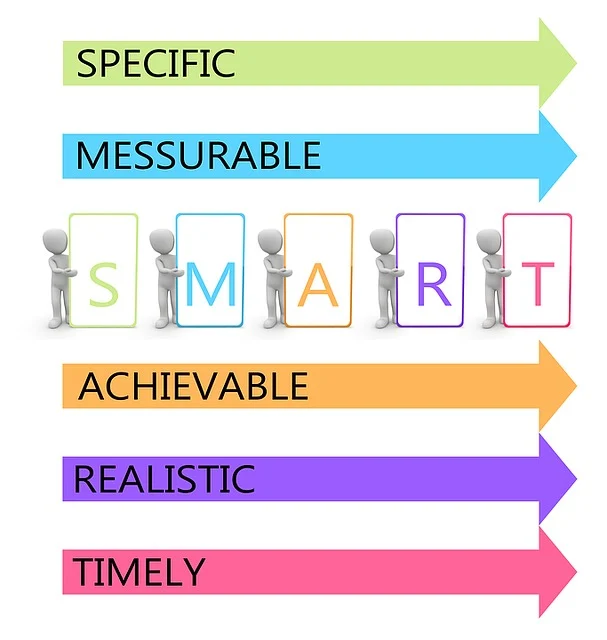A Comprehensive Guide on How to Prepare Your Family for National Disasters

In a world that often seems unpredictable, being prepared for national disasters is essential for the safety and well-being of your family. While it’s impossible to predict when disaster will strike, taking proactive steps to prepare can make a significant difference in how well you and your loved ones weather the storm, both literally and figuratively. Here’s a comprehensive guide on how to prepare your family for national disasters while at home.

Page Contents
- 1 A Comprehensive Guide on How to Prepare Your Family for National Disasters at Home
- 2 Gathering for daily prayers as a family
A Comprehensive Guide on How to Prepare Your Family for National Disasters at Home


1. Develop a Family Emergency Plan:
Communication:
- Establish a communication plan that includes contact information for all family members, as well as a designated out-of-area contact.
- Ensure everyone knows how to reach each other in case of separation.
Evacuation Routes:
- Identify multiple evacuation routes from your home and neighborhood.
- Practice evacuation drills regularly, especially if you live in an area prone to specific types of disasters such as wildfires or hurricanes and flood.
Meeting Points:
- Designate specific meeting points both within your neighborhood and outside of it in case your family members cannot return home.



2. Create Emergency Kits:
Basic Supplies:
- Stock up on non-perishable food items, water (at least one gallon per person per day for at least three days), and a manual can opener.
- Include a first aid kit, prescription medications, and personal hygiene items.
Tools and Equipment:
- Have a flashlight with extra batteries, a multipurpose tool, a whistle to signal for help, and a wrench or pliers to turn off utilities if necessary.
Clothing and Bedding:
- Pack sturdy shoes, warm clothing, and blankets or sleeping bags for each family member.
3. Prepare Your Home:
Secure Heavy Items:
- Secure heavy furniture, appliances, and items that could become projectiles during strong winds or earthquakes.
Reinforce Structures:
- Retrofit your home to make it more resistant to specific types of disasters, such as installing hurricane shutters or seismic bracing.
Learn Utility Shut-Off Procedures:
- Teach family members how to turn off gas, electricity, and water supplies safely.
4. Stay Informed:
Monitor News and Alerts:
- Keep a battery-powered or hand-crank radio handy to stay updated on the latest news and emergency alerts.
Sign Up for Alerts:
- Register for emergency alerts through your local government or community notification system.
Follow Official Guidelines:
- Familiarize yourself with the guidelines and recommendations provided by local emergency management agencies.
5. Practice Self-Care:
Emotional Preparedness:
- Discuss potential scenarios with your family and emphasize the importance of staying calm and supportive of each other during emergencies.
Mental Health Support:
- Have a plan in place to address the emotional and psychological needs of family members, especially children and elderly relatives.
Community Support:
- Build a network of support within your community to share resources, information, and assistance during times of crisis.
6. Review and Update Regularly:
Regular Maintenance:
- Regularly review and update your family emergency plan, emergency kits, and home preparedness measures.
Seasonal Adjustments:
- Make seasonal adjustments to your emergency supplies and plans based on the types of disasters common to your area.
Training and Education:
- Participate in first aid and emergency preparedness training courses to enhance your skills and knowledge.
7. Personal Emergency Backpacks:
Individualized Packs:
- Prepare one backpack per family member containing essential emergency supplies tailored to their specific needs and preferences.
Contents:
- Include items such as a flashlight, extra batteries, a multi-tool, a whistle, a small first aid kit, personal hygiene items (e.g., hand sanitizer, wet wipes), a notebook and pen, and a copy of important documents (e.g., identification, insurance information).
Comfort Items:
- Add comfort items such as a small blanket, a change of clothes, comfortable walking shoes, and a favorite snack or non-perishable food item.
Special Considerations:
- Consider individual medical needs, including prescription medications, glasses or contact lenses, and any necessary medical devices or supplies.
Rotation:
- Regularly check and rotate the contents of each backpack to ensure items are up-to-date and in good condition.
Responsibility:
- Assign each family member responsibility for their own backpack, emphasizing the importance of keeping it accessible and ready to grab in case of an emergency.
Including individual emergency backpacks ensures that each family member has the necessary supplies to sustain themselves in the event of a disaster, promoting self-sufficiency and readiness for any situation.

Gathering for daily prayers as a family
Gathering for daily prayers as a family holds profound significance beyond the spiritual realm, fostering unity, resilience, and a sense of purpose. Beyond its religious connotations, the act of praying together serves as a unifying force, strengthening familial bonds and nurturing a supportive environment where individuals feel valued and understood. Through shared moments of reflection and gratitude, families cultivate empathy and compassion, instilling values that extend beyond the confines of their home.
Moreover, regular prayer sessions offer a sanctuary amidst life’s challenges, providing solace, guidance, and a renewed sense of hope. As family members come together in prayer, they not only seek divine intervention but also reaffirm their commitment to each other, navigating life’s journey with faith, love, and unwavering support.
By following these steps and staying vigilant, you can ensure that your family is well-prepared to face national disasters and emergency while staying safe and secure at home. Remember, preparedness is key, and the efforts you invest today could make all the difference tomorrow.






